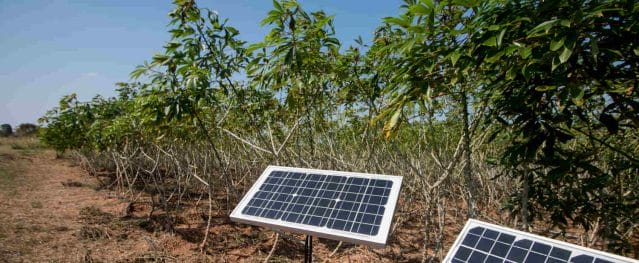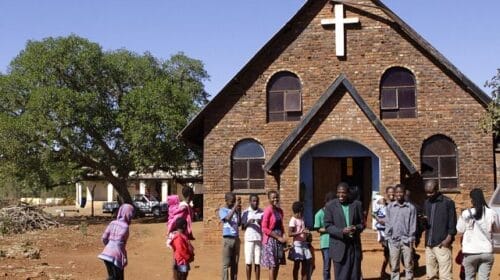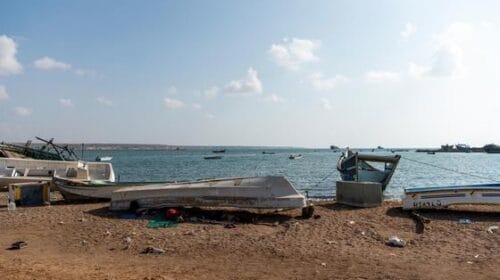Solar technology helps women farmers in Tanzania cut post-harvest losses

Women farmers in Tanzania have harnessed solar technology to reduce post-harvest losses, enhancing food security, panelists learned at an African Development Bank event held February to launch its Gender and Energy brief on the status of gender mainstreaming in Tanzania’s energy sector.
The brief aims to provide recommendations that will inform policymaking by government and other stakeholders. Increasing gender equality in access to energy is expected to create jobs and other opportunities for women in Tanzania’s energy sector.
The Bank organized the virtual workshop in cooperation with the Climate Investment Funds and the International Network on Gender and Sustainable Energy (ENERGIA). Participants emphasized the importance of carrying out monitoring and impact assessments to assess progress.
“We must focus on integrating gender in energy sector planning,” said Dejene Demissie, the Bank’s Officer-In-Charge for Tanzania in opening remarks. To help address women’s under-representation in energy, Demissie said the institution had allocated 20 percent of its $2.4 billion Tanzania investment portfolio to the energy sector.
The Bank provides advisory services in addition to financing, and also champions data and other knowledge products to boost women’s participation in Tanzania’s energy sector.
Women farmers used solar panels to winnow maize and other grain crops, boosting food security. The development pointed to the growing importance of access to clean energy solutions, particularly for women, said Gisela Ngoo, a Bank gender and social development consultant in Tanzania.
“The availability of solar panels could address the energy needs of women, using the right technologies to enhance food security and to narrow the energy provision gaps in Tanzania,” said Ngoo, who undertook a comprehensive study of gender mainstreaming in the country’s energy sector.
Although Tanzania scores well in terms of gender equality compared to the continental average, Ngoo noted that too few women held bank accounts or leadership positions.
Women’s access to energy varies across the country, which has an electricity connection rate of just 37 percent.
Women are particularly heavily impacted by energy poverty and often resort to using fuels such as charcoal or firewood that are harmful to the environment and to their health, according to the country brief. Better access to energy, Ngoo said, would improve cooking, health, and improve women’s ability to access jobs. She urged authorities to invest in bridging gender gaps in energy access.
“The East African region has strong political commitment and policies in place to mainstream gender. There is a need for new approaches to implementation,” said Ngoo.




